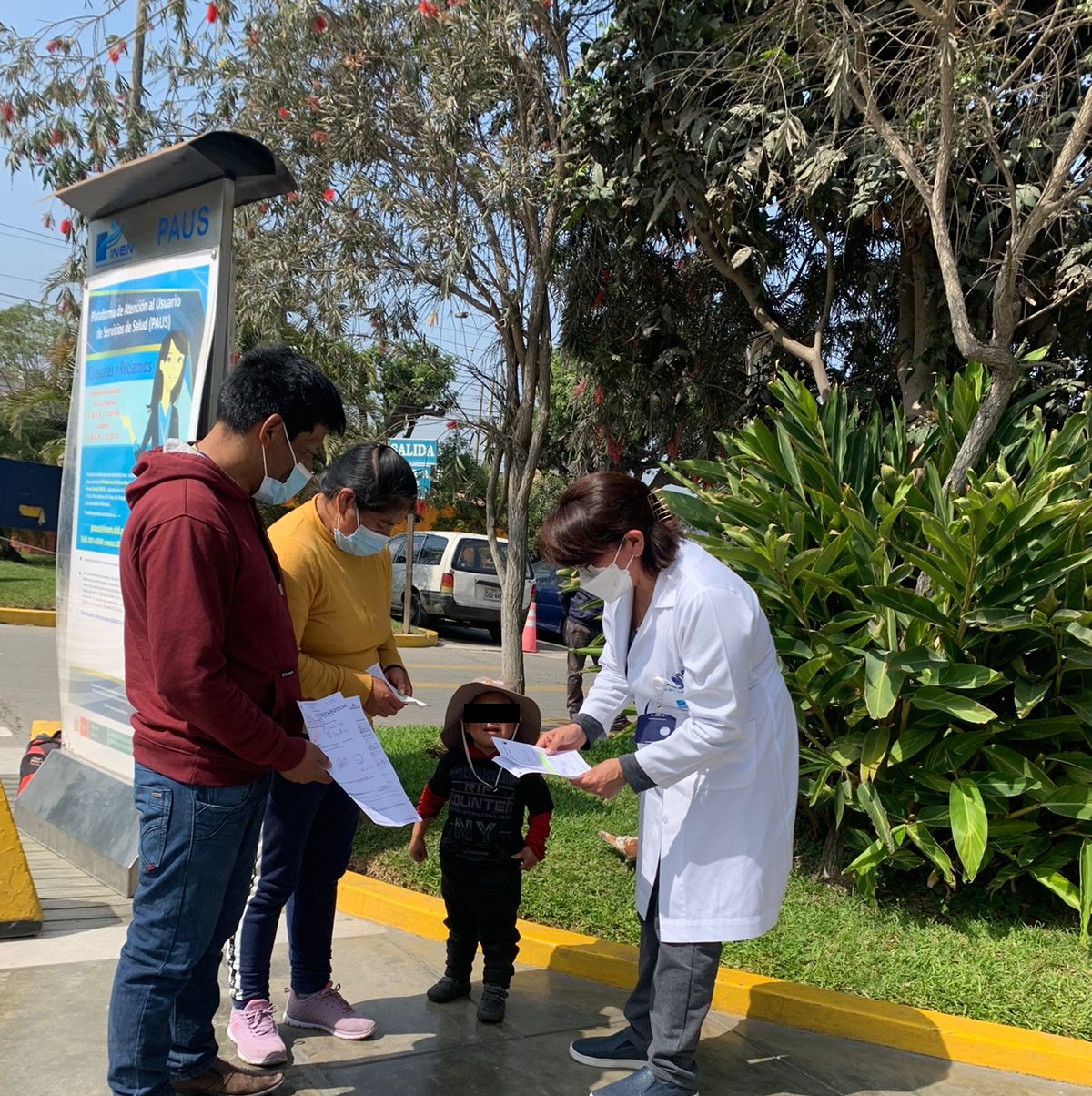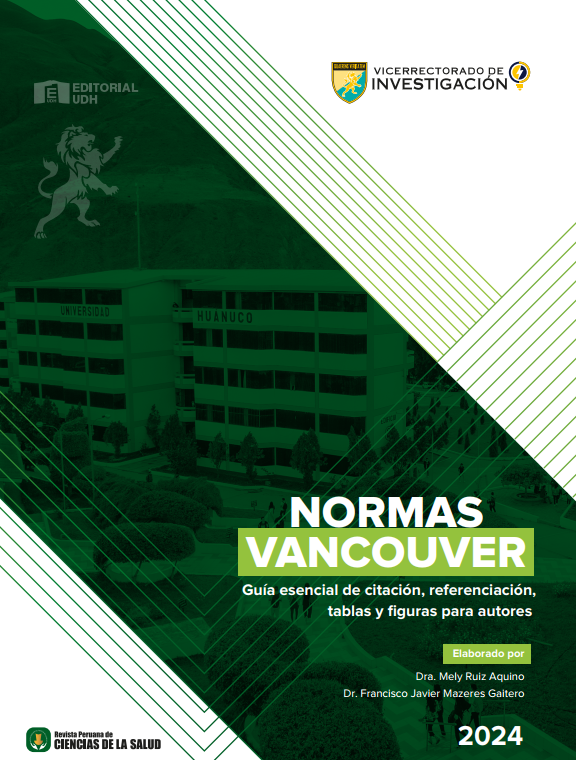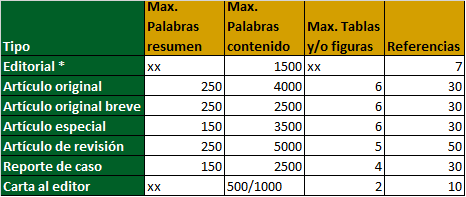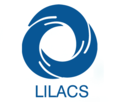Reflections and experiences on interculturality and ethics in the patient approach
DOI:
https://doi.org/10.37711/rpcs.2022.4.2.368Keywords:
Reflections, experiences, interculturality, ethics, approach to the patientAbstract
The concept of interculturality is used extensively and recurrently in both foreign and national meetings and scientific publications, both foreign and national. It is important to value concepts that are intertwined with the field of health. health. In this regard, we reflect and analyze the fact that Peru is a pluricultural country, with populations that belong to country, with populations that belong to different ethnic- cultural groups and speak different different ethnic-cultural groups and speak different languages. At the same time, public at the same time, public services are oriented to satisfy the needs of all Peruvians. Peruvians, which is why they must take into account the ethnic and cultural diversity of the population. and cultural diversity of the population. Therefore, public services that do not incorporate cultural perspectives of the population generate gaps that discourage people that discourage the population from seeking the same services.
Downloads
References
Perú. Ministerio de Cultura. Servicios públicos con pertinencia cultural. Guía para la aplicación del enfoque intercultural en la gestión de servicios públicos. Lima, Ministerio de Cultura; 2015.
Ferdinand A, Lambert M, Trad L, Pedrana L, Paradies Y, Kelaher M. Indigenous engagement in health: lessons from Brazil, Chile, Australia and New Zealand. International Journal for Equity in Health [Internet] 2020 [Consultado 2022 Mar 30]; 19:47
https://doi.org/10.1186/s12939-020-1149-1
Lazo O, Tavera M, Sarmiento T, Álvarez L. Salud Materna Asháninka. Una mirada a la calidad de la atención en comunidades asháninka de la cuenca del río Tambo, departamento de Junín, Perú. Lima: Fondo Editorial de la Universidad Peruana Cayetano Heredia; 2021.
Menzala C. Concepciones indígenas de salud y enfermedad: una discusión entre lo oficial y lo tradicional. Bogotá: Editorial Milla Ltda.; 2021.
Vanni-Rovighi S. Introducción al estudio de Kant. 1ª edición. Madrid: Ediciones FAX; 1948
Arredondo N, Odar M, Vega A, Díaz R, Mogollón F, Tejada S. Una mirada intercultural a la prevención del cáncer de piel en zonas altamente expuestas a rayos ultravioleta. Cultura de los Cuidados [Internet]. 2021 [Consultado 2022 Mar 15]: 25(60): http://dx.doi.org/10.14198/cuid.2021.60.16
Bautista-Valarezo E, Duque V, Verhoeven V, Mejia J, Hendrickx K, Maldonado-Rengel R, et al. Perceptions of Ecuadorian indigenous healers on their relationship with the formal health care system: barriers and opportunities. BMC Complementary Medicine and Therapies [Internet]. 2021[Consultado 2022 Mar 10]; 21: 65.
https://doi.org/10.1186/s12906-021-03234-0
Perú. Ministerio de Cultura. 2021. Base de Datos de pueblos indígenas u originarios. Disponible en https://bdpi.cultura.gob.pe/pueblos-indigenas
Medicus Mundi Navarra. Salud e Interculturalidad. Diferentes en culturas, iguales en derechos. 2013. [Consultado 2022 Feb 28]. Disponible en https://www.medicusmundi.es/storage/resources/publications/56fbb060b2e5f.pdf
Almaguer J, García H y Vargas V. El concepto de persona y la deshumanización en la atención a la salud de niños, niñas y adolescentes indígenas y afromexicanos: “Una mirada intercultural desde la bioética”. Gaceta con Bioética. 2021; 10: 33-40.
Perni S, Rooney M, Horowitz D, Golden D, McCall A, Einstein A, et al. Assessment of Use, Specificity, and Readability of Written Clinical Informed Consent Forms for Patients With Cancer Undergoing Radiotherapy. JAMA Oncology [Internet]. 2019 [Consultado 2022 Mar 15]; 5(8):e190260. doi:10.1001/jamaoncol.2019.0260
Hernández-Cáceres M, López-Gil D. Algunos aspectos relacionados con la Ética en el Laboratorio Clínico. Revista Cubana de Medicina Intensiva y Emergencias (Internet). 2016 (Consultado 2022 Feb 25); 15 (2) Disponible en: http://www.revmie.sld.cu/index.php/mie/article/view/150

Downloads
Published
How to Cite
Issue
Section
License
Copyright (c) 2022 Rosanna Morales Guzmán-Barró, Ana Cecilia Olascoaga-Mesía, Roxana Regalado-Rafael

This work is licensed under a Creative Commons Attribution 4.0 International License.























